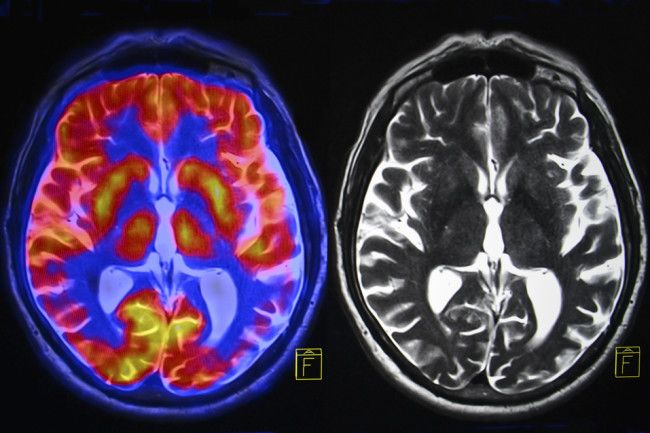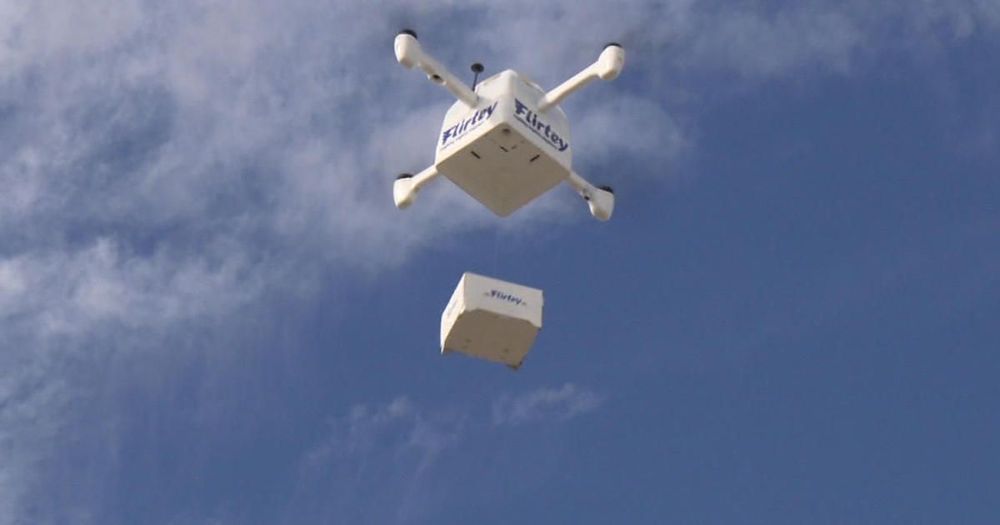Psilocybin — the hallucinogenic ingredient in mushrooms — may help in depression, a study suggests.


As part of the LEAF Longevity Bookclub and to celebrate the launch of Dr. David Sinclair’s new book, Lifespan: Why We Age and Why We Don’t Have To, we hosted a special webinar on the 18th of September. The new book takes us on a journey through the biology of why we age and spotlights the exciting research being done in the lab today which could potentially change the way we treat the diseases of aging.
Dr. David Sinclair is a professor of genetics at Harvard Medical School. One of the leading innovators of his generation, he has been named by Time as “one of the 100 most influential people in the world” and in the top 50 most influential people in healthcare. He is a board member of the American Federation for Aging Research and has received more than 35 awards for his research and major scientific breakthroughs. Dr. Sinclair and his work have been featured on 60 Minutes, Today, The Wall Street Journal, The New York Times, Fortune, and Newsweek, among others. He lives in Boston and enjoys hiking and kayaking with his wife and three children.
Multiple prominent personalities and channels, including Joe Rogan, David Pakman, and Utah Public Radio, have interviewed him about his book, and we took the opportunity to allow the community to directly contact him. The webinar was an open event that offered up to 100 people a chance to join the video conference with Dr. Sinclair and to participate in the Q&A session following a reading of some of the exciting sections of the new book. We are delighted to announce that the webinar was an outstanding success, with over 90 people joining the call live to take part as well as many more watching via the livestream on our Facebook page. Five lucky attendees also won a copy of the book courtesy of Dr. Sinclair, and we would like to thank him for this kind offer as well as for taking the time to conduct this webinar with us.
Vision Weekend is the annual member gathering of Foresight Institute, a non-profit for advancing beneficial technologies for the long-term flourishing of life.
More info on speakers and program: https://foresight.org/vision-weekend-2019/.
Join Foresight Institute’s community: www.bit.ly/foresightnews





Scientists from the Salk Institute for Biological Studies are homing in on exactly how two new experimental Alzheimer’s drugs could be generating the anti-aging effects seen in early animal studies. The discovery of a unique metabolic pathway, associated with both general aging and the onset of dementia, offers researchers novel directions for future anti-aging studies.
Salk researchers have been developing two experimental drugs for several years with a view on improving cognition and slowing the neurodegenerative decline associated with Alzheimer’s disease. Called CMS121 and J147, the drugs were effective in slowing the progression of Alzheimer’s in initial animal tests. However, the compounds also seemed to demonstrate signs of slowing down general markers of brain aging.
As the two drugs move toward human trials, the researchers have been working to uncover exactly what molecular mechanisms are at play to explain how they work. One potential mechanism was uncovered in early 2018 but that was only part of the story. Now, the Salk team has uncovered an exciting new molecular pathway, influenced by the two drugs, that could explain how the compounds slow down brain aging.
Nextbigfuture has looked at the likely future of SpaceX up to 2030 and now recaps the view to 2030 and extends the view to 2050.
The Mars aspect of SpaceX future impact will be less important than how 25X the speed of sound travel transforms our world and has huge economic impacts.
Geoffrey West and the Sante Fe Institute performed a study of cities and found that if the size of a city doubles, then, on average, wages, wealth, the number of patents, and the number of educational and research institutions all increase by approximately the same degree, about 15 percent. They refer to this systematic phenomenon as “superlinear scaling”: produces, and consumes, whether it’s goods, resources, or ideas. Reusable rockets could create a global city of 9–10 billion people by 2050. This would be a “city” with ten-doublings over a ten million person city. This would be a 150% boost in per-person income.